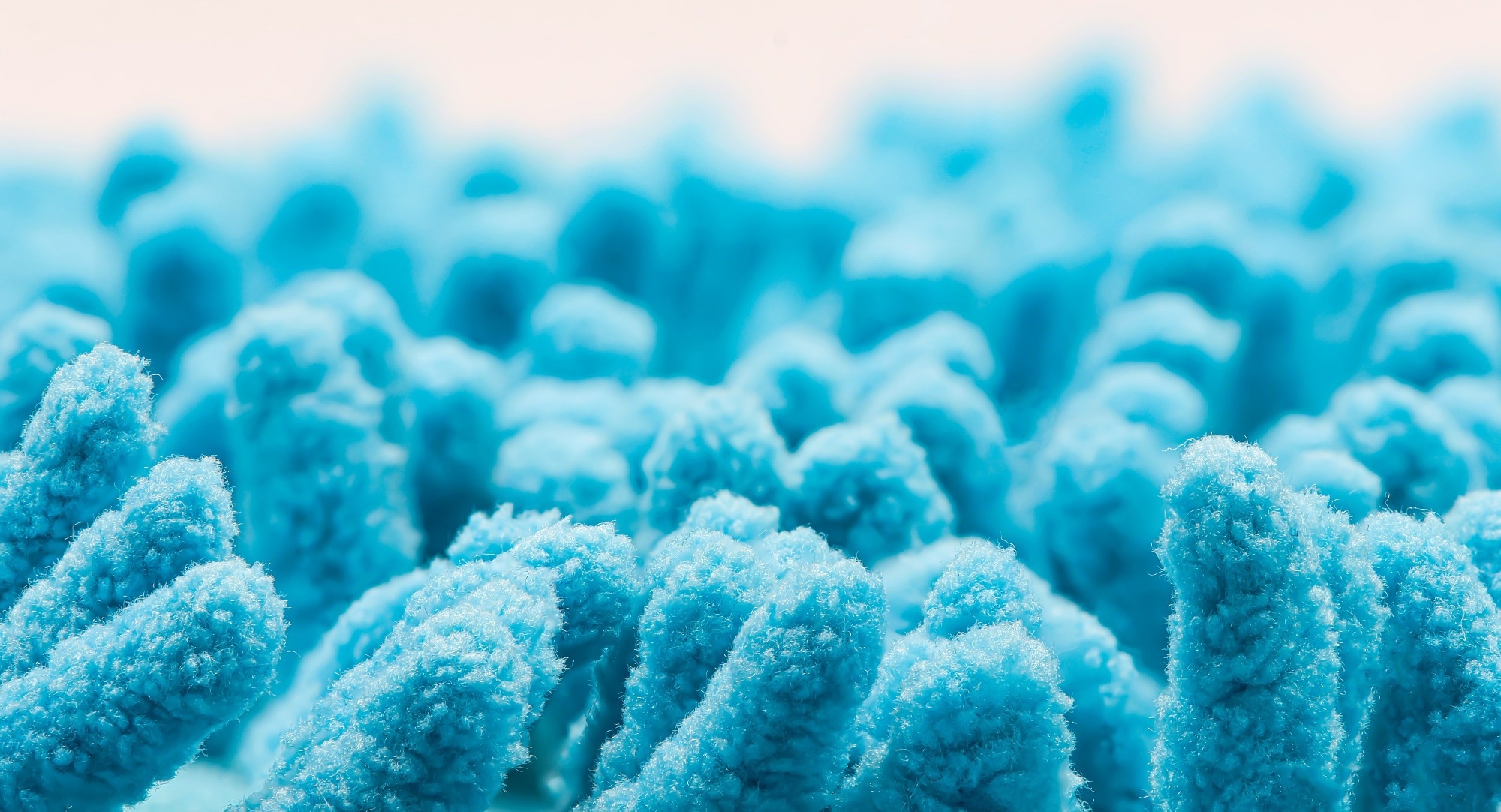In a recent study published in the journal Nature Microbiology, a group of researchers explored how microbiota-directed complementary food (MDCF-2) enhances weight gain in malnourished children, focusing on the role of Prevotella copri (P. copri) and its interactions with other gut bacteria.
 Study: Prevotella copri and microbiota members mediate the beneficial effects of a therapeutic food for malnutrition. Image Credit: TopMicrobialStock / Shutterstock
Study: Prevotella copri and microbiota members mediate the beneficial effects of a therapeutic food for malnutrition. Image Credit: TopMicrobialStock / Shutterstock
Background
The development of the infant gut microbiome, shaped by birth conditions, maternal microbes, and early diet, typically matures to resemble adult microbiota by age three. However, undernourished children show slower microbiome development, affecting their growth and overall health. A study with malnourished Bangladeshi children revealed that a specialized, less calorie-dense food, MDCF-2, significantly improved weight gain over standard supplements. This was attributed to the effective breakdown of MDCF-2 polysaccharides by specific gut bacteria, like P. copri, highlighting the potential of microbiome-targeted food interventions in addressing malnutrition, with further research needed to refine these strategies.
About the study
The present research adhered to all relevant ethical guidelines. Bacterial strains were isolated from fecal samples collected under informed consent, as per the ethical standards of the International Centre for Diarrhoeal Disease Research, Bangladesh (icddr,b), and with the consent for material transfer between icddr,b and Washington University in St. Louis. The use of gnotobiotic mice followed protocols approved by Washington University’s Institutional Animal Care and Use and Institutional Biological and Chemical Safety Committees.
For the bacterial genome sequencing, monocultures were grown anaerobically, and genomic deoxyribonucleic acid (DNA) was extracted, quantified, and prepared for sequencing. The DNA underwent long-read sequencing, and the resulting data were processed to assemble and annotate the genomes, identifying open reading frames and assigning functions based on metabolic subsystems. Phylogenetic relationships among P. copri isolates and metagenome-assembled genomes were analyzed, with average nucleotide sequence identity (ANI) scores calculated to determine genomic similarities.
In the gnotobiotic mouse experiments, germ-free mice were colonized with specific bacterial strains, including P. copri, and fed a diet containing MDCF-2. Mouse weight gain was evaluated, and the absolute abundances of bacterial strains in the gut were quantified through shotgun sequencing. The study further analyzed the impact of bacterial colonization on host metabolism, including the metabolic investments required for the replacement of gut epithelial cells and their functions.
Study results
In the study, researchers designed a human gut microbial community based on the microbiota of Bangladeshi children, selecting 20 bacterial strains that included P. copri due to its correlation with improved weight gain. This setup allowed for the examination of P. copri’s role in dietary glycan degradation and its impact on host metabolism when consuming MDCF-2.
The investigation revealed that while Bifidobacterium infantis (B. infantis) played a critical role in early gut colonization and community structure, the presence of P. copri was important for the effective degradation of MDCF-2 glycans, suggesting a synergistic interaction that favored nutrient absorption and weight gain. In particular, P. copri strains were selected based on their genetic similarity to strains associated with positive growth outcomes in children, and their ability to degrade complex polysaccharides found in MDCF-2 was confirmed through various metabolic assays.
Further, the study utilized gnotobiotic mouse models to mimic the gut microbial community’s development in infants and assess the effects of bacterial colonization on host physiology. Results showed that mice colonized with P. copri and fed MDCF-2 exhibited significantly greater weight gain compared to those without this specific microbial intervention. This was attributed to P. copri’s capacity to metabolize MDCF-2 glycans, thus enhancing the availability of growth-promoting nutrients.
Moreover, the research underscored the diet-dependent nature of P. copri’s effects on weight gain. It highlighted the importance of specific microbial strains in modulating host metabolic responses to dietary interventions. By analyzing microbial ribonucleic acid (RNA) sequences and metabolomic profiles, the team identified significant differences in glycan degradation and nutrient absorption between mice colonized with different microbial communities, providing insights into the mechanisms by which P. copri influences host metabolism and growth.
Conclusions
To summarize, this research utilized a ‘reverse translation’ method to examine the impact of microbiome-targeted nutrition on malnourished children’s physiology and microbiota, focusing on the role of P. copri with a diet known as MDCF-2. Using gnotobiotic mice modeled after the gut microbiome of malnourished Bangladeshi children, the study revealed P. copri’s significant role in processing MDCF-2 polysaccharides and its influence on weight gain and nutrient metabolism, depending on the diet. Despite insights into the microbiome-host interplay, challenges in mono-colonizing mice with P. copri highlighted the need for further research to understand its therapeutic potential and refine interventions for malnutrition.
Journal reference:
- Chang, HW., Lee, E.M., Wang, Y. et al. Prevotella copri and microbiota members mediate the beneficial effects of a therapeutic food for malnutrition. Nat Microbiol (2024), DOI – 10.1038/s41564-024-01628-7, https://www.nature.com/articles/s41564-024-01628-7

 PARENTING TIPS
PARENTING TIPS PREGNANCY
PREGNANCY BABY CARE
BABY CARE TODDLERS
TODDLERS TEENS
TEENS HEALTH CARE
HEALTH CARE ACTIVITIES & CRAFTS
ACTIVITIES & CRAFTS

